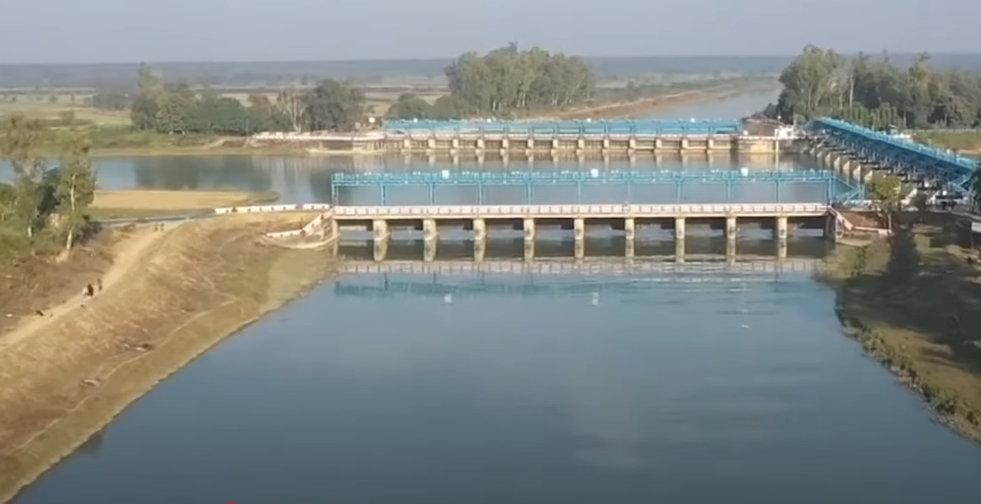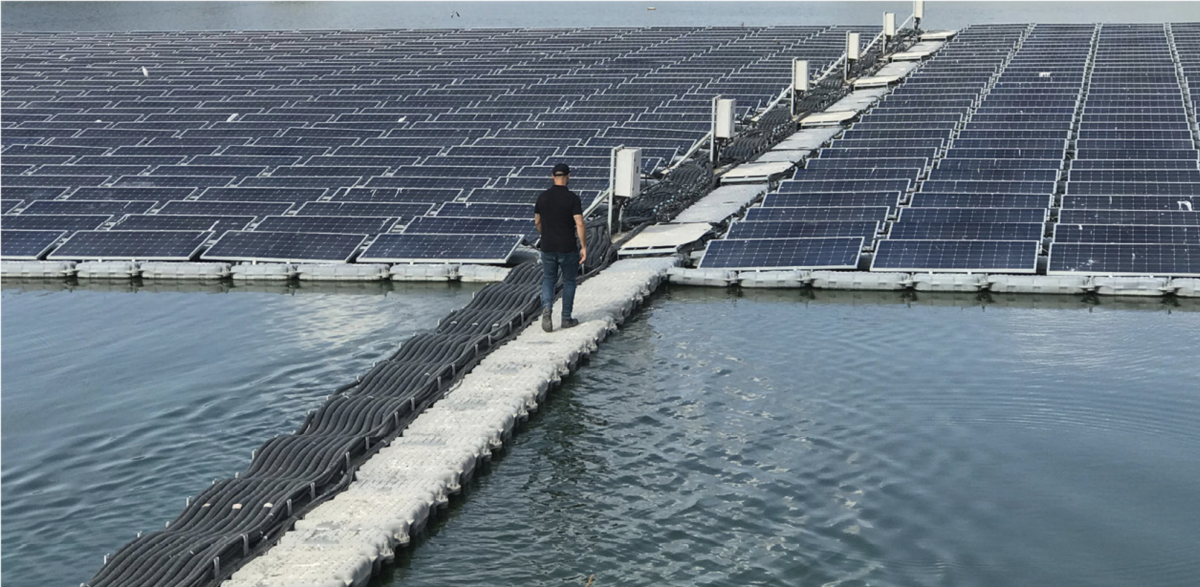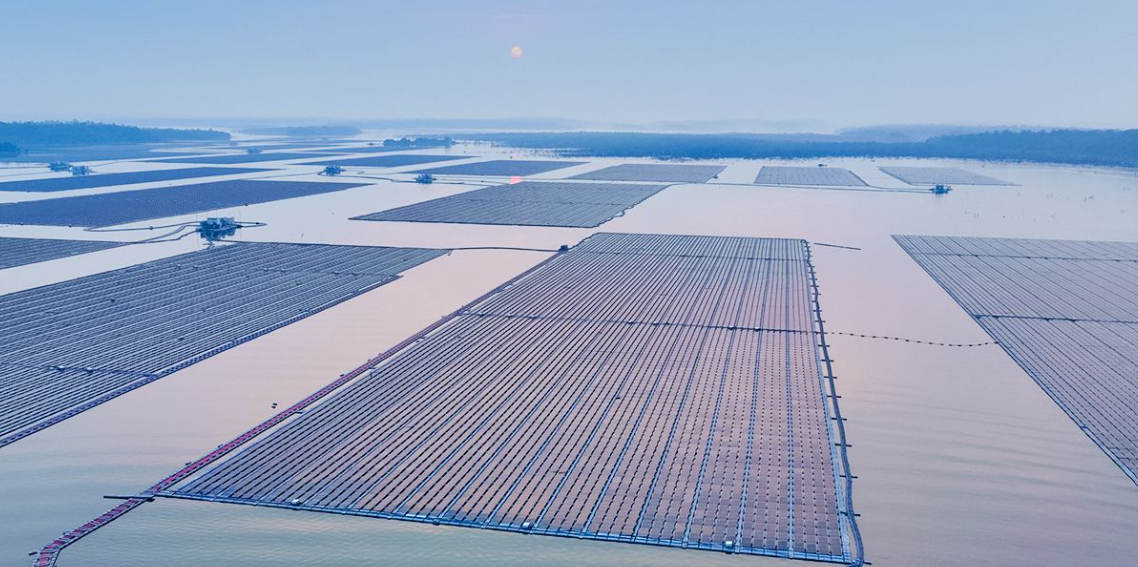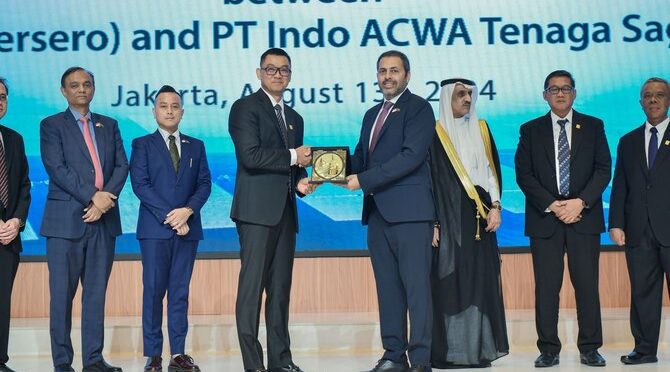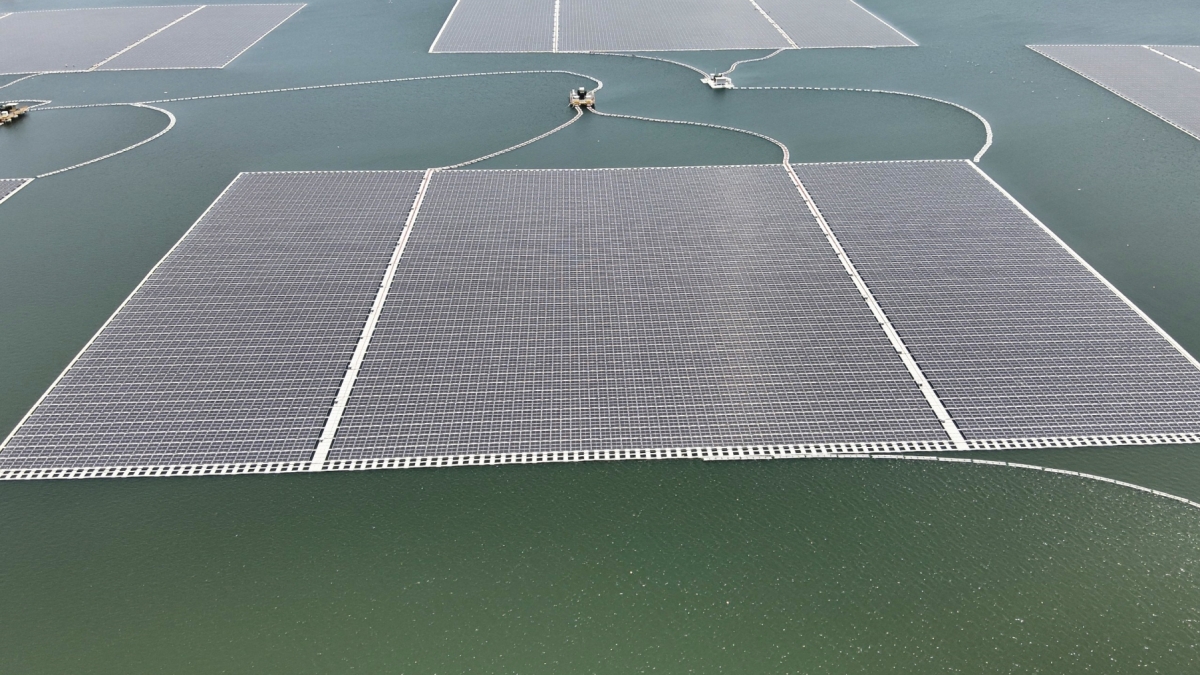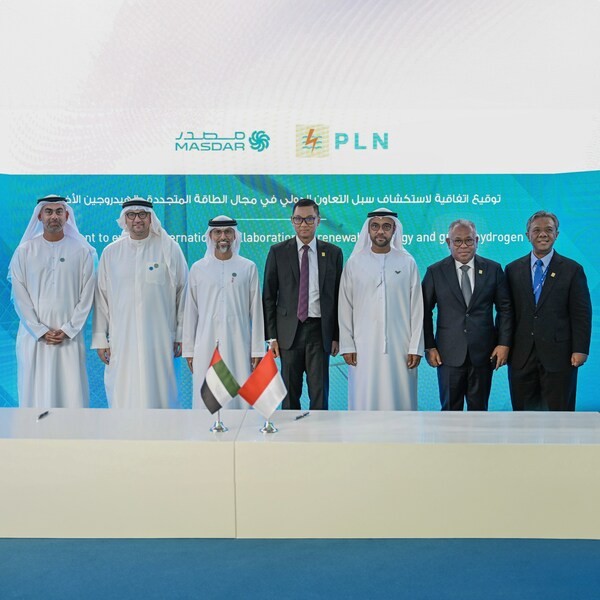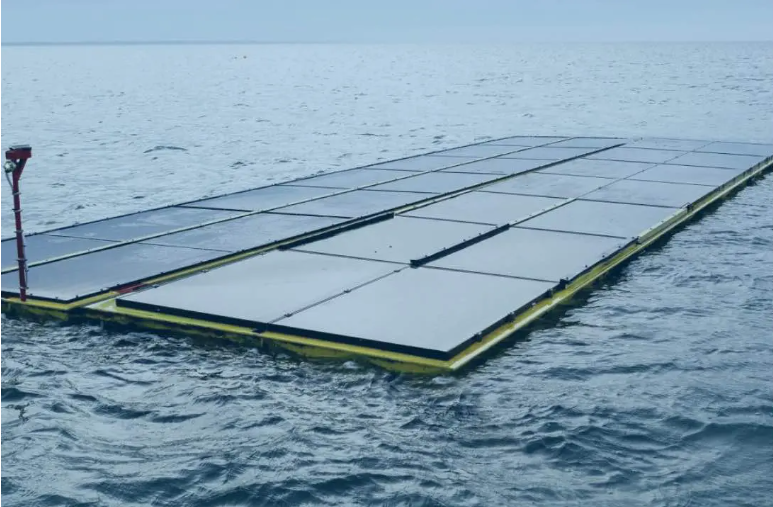 Contractors begin installation of solar panels on the frame work of phase 1 in front of building 271 at Los Angeles AFB, Space and Missile Systems Center. 2 MAR 10 U.S. Air Force Photo by Lou Hernandez/ Released
Contractors begin installation of solar panels on the frame work of phase 1 in front of building 271 at Los Angeles AFB, Space and Missile Systems Center. 2 MAR 10 U.S. Air Force Photo by Lou Hernandez/ Released
The US Dept. of Energy has launched an initiative that aims to accelerate the deployment of clean energy by reducing delays and costs associated with connecting projects to the grid.
Funded by the Bipartisan Infrastructure Law, the Interconnection Innovation e-Xchange (i2X) will target long interconnection queues that threaten the Biden administration’s plan to decarbonize the grid by 2035.
The $3 million initiative will develop solutions for faster, simpler, and fairer interconnection of clean energy resources through better data, roadmap development, and technical assistance, DOE said.
Grid operators, utilities, state and tribal governments, clean energy developers, energy justice organizations, and other stakeholders are expected to participate in the project.
“Eliminating the gridlock that’s slowing down clean energy deployment is critical to increasing access to cheaper electricity for American families and businesses,” Energy Secretary Jennifer Granholm said in a statement.
Researchers at the Lawrence Berkeley National Laboratory reported in April that the amount of new electric capacity in transmission interconnection review queues nationally is “growing dramatically,” with more than 1,400 GW of total generation and storage capacity seeking connection to the grid.
They said that more than 90% of that capacity is for zero-carbon resources like solar, wind, and battery storage. They added that solar (676 GW) and battery storage (420 GW) are “by far” the fastest growing resources in the queues; combined they accounted for nearly 85% of new capacity entering the queues in 2021.
Around 247 GW of wind energy capacity was also seeking interconnection, 31% of which was for offshore projects (77 GW).

Capacity in interconnection queues as of the end of 2021. *Hybrid storage capacity is estimated in some cases using storage: generator ratios from projects that provide separate capacity data. Storage capacity in hybrids was not estimated for years prior to 2020.
Interconnecting to distribution grids is also a persistent challenge, renewable energy developers say.
Community solar access is rapidly expanding with enabling legislation passing in state legislatures across the country. The Biden admin., meanwhile, wants to power 5 million homes with these distribution-level solar farms by 2025.
But Scott Wiater, CEO of community solar developer Standard Solar, told Renewable Energy World in February that interconnection delays and costs, along with a lack of transparency by utilities, could threaten the White House’s ambitious goals.
Wiater said that utilities “just tell us what they’ve spent and we pay the bill.” He said that little transparency exists to those costs and developers have little alternative but to pay them.
Wiater acknowledged that utilities have an obligation to study how community solar projects impact the grid and their customers. But without an improved interconnection process, national community solar capacity targets face an uphill battle.
“We are way behind coming close to (the Biden administration’s) goals unless we start acting super aggressively now,” he said. “We have to figure out how to do everything quicker if we’re going to meet any of these climate change goals that have been put in front of us.”
The i2X program was established to address many of Wiater’s concerns by providing technical assistance to partners to develop solutions to specific regional, state, and local interconnection issues. It will also address issues related to inadequate data, labor shortages, and complicated grid impact assessments.
